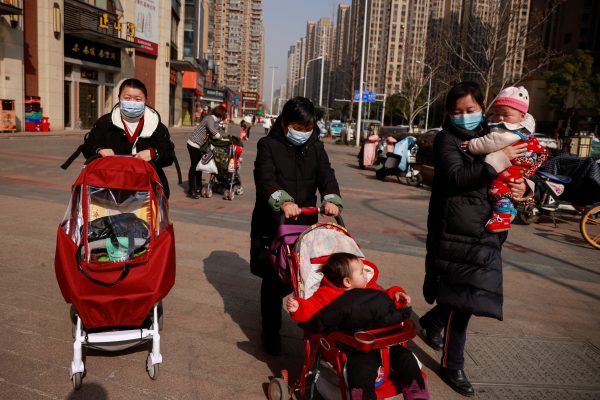On average, women perform 4 hours and 25 minutes of unpaid care work every day, compared to 1 hour and 23 minutes for men. The ‘triple burden’ of paid work, unpaid domestic work and care work exerts enormous physical and emotional stress on women, and deprives them of opportunities to pursue education and skill development. The deprivation of leisure time takes a toll on women’s emotional wellbeing, leaving them more vulnerable to mental health problems. In developing countries, women’s work remains invisible in the informal economy, further complicating attempts to measure time poverty.
Recognising the critical role that time poverty plays in reinforcing gender inequality, the 1995 Beijing Platform for Action advocated for conducting regular time use surveys (TUS) to understand the amount of unpaid care and domestic work performed by women. But few countries conduct a TUS regularly — only about 40 countries out of 193 have conducted a national-level TUS.
It was only in September 2020 that India — a major power with a large informal economy that predominantly employs women — first released the findings of a nationwide TUS. The results showed that a vast majority of women in India face a trade-off between paid and unpaid work. The average time spent daily on unpaid domestic work is 299 minutes for females and 97 minutes for males. Even improvements in women’s education have not lessened the ‘double burden’ of paid and unpaid work for women in India.
COVID-19 has worsened these problems. There is growing evidence in both developed and developing countries that indicates a disproportionate increase in the work burden, time poverty and emotional stress on women during lockdowns and remote working. For example, the closure of childcare centres and schools in Australia have disproportionately affected women by forcing them to perform more unpaid work at home
Employers have ignored increased caregiver burdens, demanding that employees maintain the same levels of performance as before the pandemic. A UK study found that women are 43 per cent more likely than men to have increased their hours beyond a standard working week, and women with children have been particularly vulnerable to related mental health problems. Meanwhile, women in developing countries — predominantly engaged in the informal sector — have experienced increased time and income poverty.
Gender-based violence has reportedly increased exponentially in the United Kingdom, with lockdowns confining women to their homes and restricting access to support services. In India, reported incidents of domestic violence sharply increased in districts with the strictest lockdown measures. COVID-19 has also halted the gradual progress made towards gender equality in Japan, which has the largest gender gap in unpaid work among developed countries.
With COVID-19 highlighting the gendered impacts of global crises and the disproportionate work burden of women, there is an opportunity for governments to consider implementing policies that promote a fair distribution of unpaid work. The pandemic has exposed fault lines in societies that have been overlooking the issue of women’s time poverty, and it is time to recognise, reduce and redistribute women’s unpaid work. Reducing gender inequality in the post-COVID-19 world will require institutional support in both the public and private sectors.
First, in developing countries, recognising the value of unpaid domestic and care work is critical to designing policies that reduce the triple burden faced by women. The conducting of regular TUSs should be mandatory, as it is a critical tool for measuring gender inequality and driving inclusive growth.
Second, in both developed and developing countries, companies should implement shorter and more flexible work hours to accommodate women’s unpaid domestic work, and incentivise men to share the domestic workload by providing similar benefits.
Third, care work can be distributed through welfare systems like the Fureai Kippu (caring relationship ticket) in Japan, where people can earn credits for caring for the elderly, which can then be exchanged for services. The system helped free up women’s time and strengthened intergenerational solidarity.
Fourth, in developing countries, the development and improvement of public infrastructure, including access to drinking water, electricity, sanitation and childcare centres, are vital to reducing women’s time poverty.
Finally, all countries should promote gender equality training and implement appropriate social policies to challenge entrenched social norms and gender stereotypes. Collective change is needed to ensure the equitable distribution of unpaid work and reduce women’s time poverty in the post-COVID-19 world.
Nikhila Menon is an independent development economist and consultant based in Yokohama, Japan.

